29 September 2020
Programme manager, Rosie Dow, talks about the challenges and joys of arts and health innovation during COVID-19.
I joined the Y Lab Arts and Health programme in January 2020 after working in arts and health delivery across the UK for eight years.
A lot had moved on in this field in that time, but key questions remained around how creativity could support everyone’s health and wellbeing, and be meaningfully embedded and sustained in NHS and community settings.
The programme, an Y Lab, Arts Council of Wales and Welsh NHS Confederation partnership, seemed to me a much-needed combination of top level and on-the-ground collaboration between the health and arts worlds. Big questions require big thinking, so I was pleased that Nesta was applying its expertise in innovation and system change to look for solutions, right here in Wales. I was also delighted to be working with a team that valued research, rigour and a people powered ethos.
So, in bringing all this together HARP was born: health, arts, research, people. Four words with equal standing in our programme and of equal importance in helping to address equity, scale and sustainability in arts and health in Wales.
By early March 2020 we had engaged four Welsh health boards to embark on this innovation journey with us via the Nesta 100 Day Challenge. We were offering coaching and facilitation support, alongside grants, to bring front line healthcare staff together with artists and NHS leaders to really get into the heart of the health system and develop new approaches. We were set to launch our 100 Days on 22 April 2020 with a two-day event in Cardiff.
When the Covid-19 pandemic hit, the challenges around delivering the 100 Day Challenge were clear, and significant. With amazing speed and agility, health board staff repurposed and refocused. With equal speed, arts and community venues closed and in-person events were cancelled (including ours). This all left huge questions about how to still make a contribution via HARP: we know creativity and innovation could help address the challenges the pandemic brought, but how could we facilitate this if nobody could meet face to face, and the NHS was facing its biggest ever crisis?
Once we’d got over the initial shock, it seemed to us that these questions were in fact a huge eye opener. After all, hadn’t there been some people who couldn’t leave their house before? How had we been supporting them previously (or not) to be innovative and creative? What about convening cross-Wales events where someone always had to travel for up to 5 hours before even starting? Had we just been going for the easy options all along? Perhaps this difficult moment was also an opportunity: it seemed to us that the research, rigour and people powered ethos of HARP was needed now more than ever.
When the Covid-19 pandemic hit, we felt there must be a way to do something, and knew that doing something would be better than doing nothing.
The final report is about what we did – the HARP Covid-19 Sprint Challenge – and what we learned. In the Sprint, we brought together a team of 12 pan-Wales arts and health professionals, via weekly Zoom webinars, to innovate at pace in order to creatively support groups of people they identified as particularly hard hit by lockdown, without any of us ever leaving our homes. The amazing team created and curated new experiences, new art works, new websites, new platforms. They inspired people who needed support to take ownership of their own time and creativity, to try something new, to enjoy themselves; and to feel better.
Read the HARP Sprint Final Report
For me, there are many standout stories of impact in the Sprint. The 80-something person living alone who’d never been on YouTube before, but who now uses a Google Cardboard headset and virtual reality videos to inspire them to draw every day. A person with ME who is in bed for 23 hours a day, but who was able to see their art works in an online gallery. A neuropsychiatry team in a health board who now have vital and meaningful remote contact with patients. A video of a ballet dancer in a wheelchair performing to Carmen, in their living room.
These examples show what is possible even in the most isolated and challenging times when creativity is brought to the table. The Sprint team were fantastic to work with; they brought determination, energy, care, empathy and genuine teamwork, despite the internet glitches, cats on laptops (and one puppy), tears, frustrations and all of us navigating the monumental impacts of the pandemic with no roadmap. But most of all the Sprint was a story of innovation: collaborating, learning, experimenting. Applying empathy, critical thinking and creativity to a problem (in this case, a really big problem) and coming up with stuff that works. It wasn’t perfect; we were on the same learning curve about the mute/unmute button as everyone else, and we were as isolated as the people we were trying to reach. But as the impacts of the pandemic and social distancing continue to loom large for the foreseeable future, we now have a basis for future innovation to build on.
There’s lots still to try and to learn in the next 12-18 months of HARP. We want to continue exploring what arts and health delivery and impact really means, and learn how we can reach into the hardest to reach places by adopting an ethos of collaboration, creativity and teamwork. We want to continue innovating, and continue supporting people.
